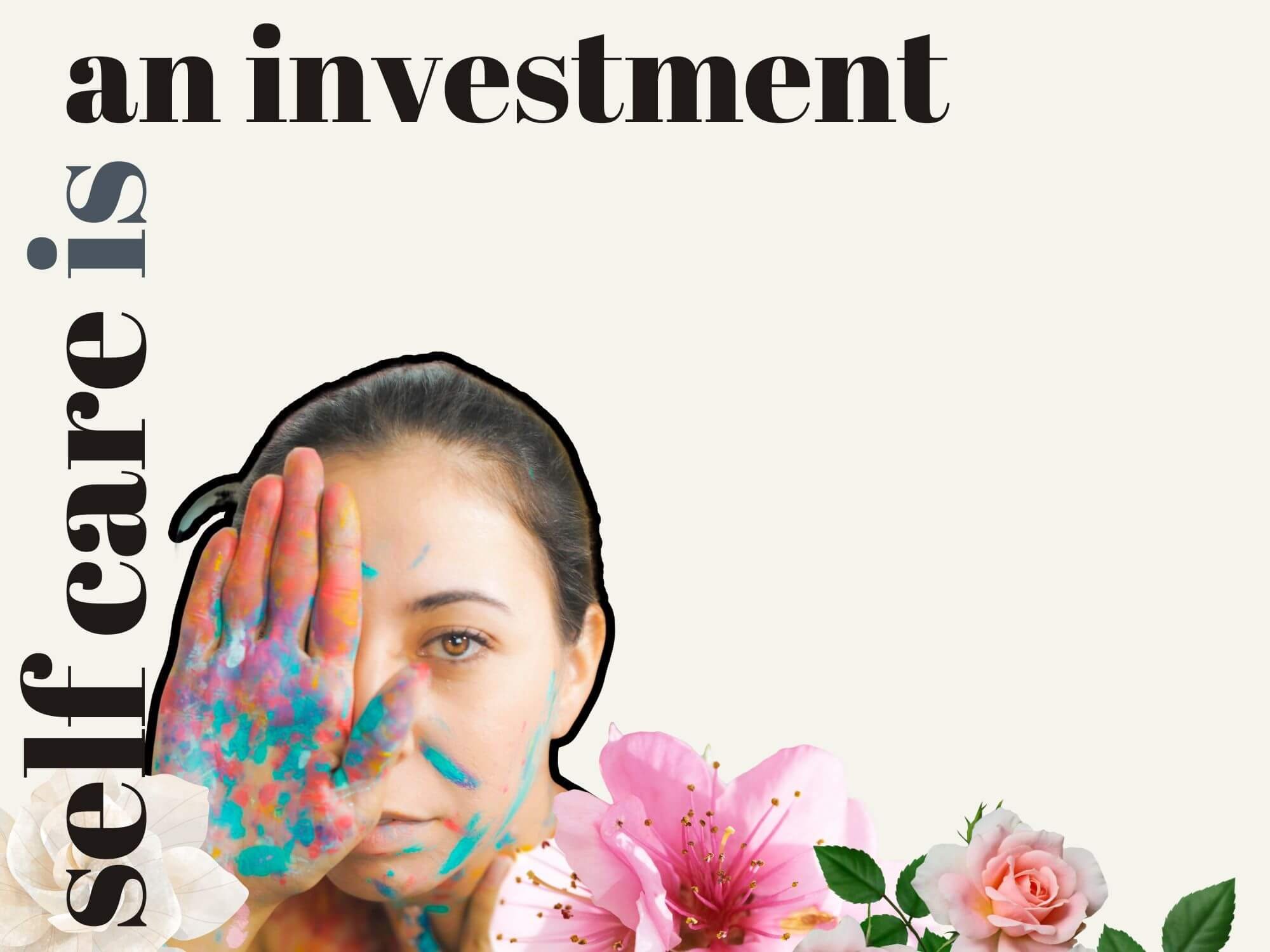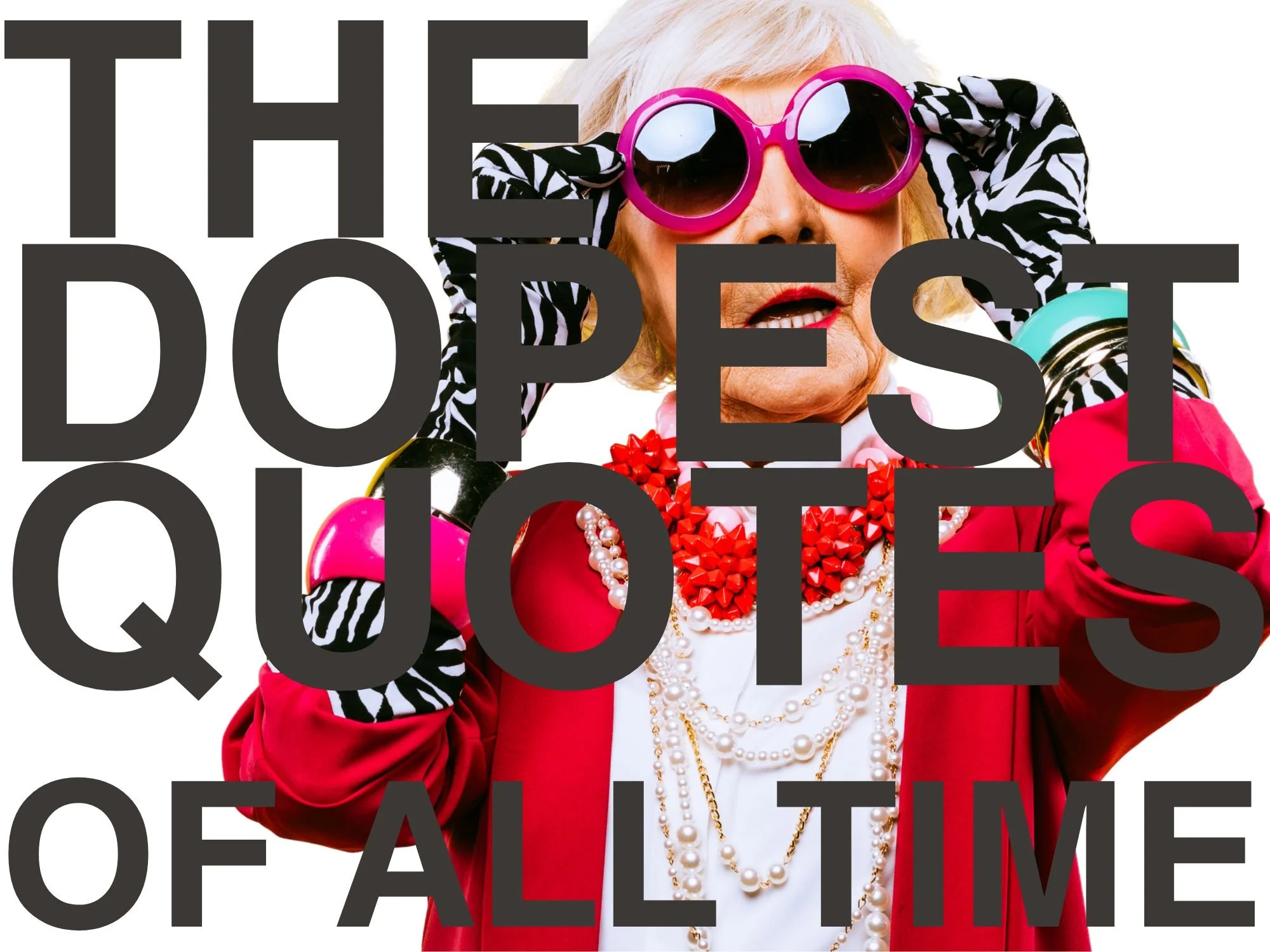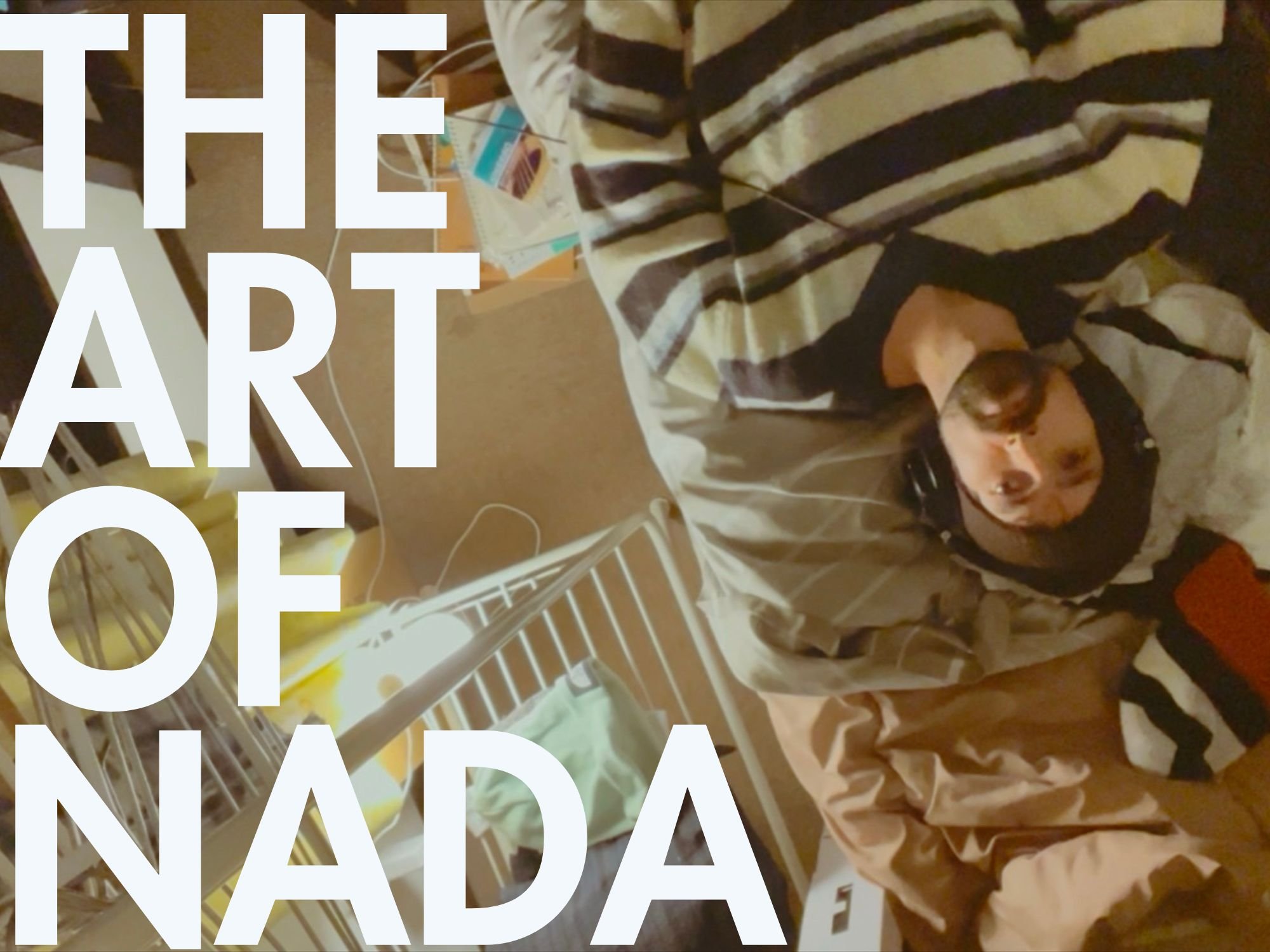Self Care for Creatives (my 8 pillars for artistic wellness)
Self care is an investment into your artistic wellbeing. When you feel better, healthier and happier, your art does too. I’ll never feel bad for taking care of me first.
So these are my core pillars of self care for creatives.
But note — I’m not a specialist and I have no formal training in personal/mental health. Everyone’s context and preferences are different. This is just what’s working for me right now.
So I say take what resonates and leave the rest behind.
Now let’s do this!
Table of Contents Show
What Is Self Care?
Self care is what we do to support our physical, mental and emotional well-being. It’s a holistic understanding of our personal health.
And it’s incredibly important — especially for creatives.
So here are some of my top reasons why I take self care so seriously as a musician, artist and content creator:
Reduce creative anxiety
Stepping away adds clarity
More adaptable to changes and challenges
Self care boosts confidence and self image
Self care may help you live longer
A happy artist is a more creative, productive artist
It’s more sustainable — get more done over the long term
A healthy mind, body and spirit is foundational to creative work
Explore more:
➤ How I Deal With Creative Burnout
Self Care for Creatives (my 8 pillars)
1. Nutritional Self Care
Nutrition was my first escapade into self care, but my choices were usually based on some clever marketing or incomplete info.
Luckily, a good friend of mine is a registered dietitian, so she was able to help clarify things for me (check out her website here — she’s dope).
But why is nutrition so important?
The food we eat dictates our mood and energy. Food can make you feel tired, drained and foggy or alert, focused and energetic. It’s building material for your body, after all.
These things have a serious impact on creativity and artistic mood. So nutrition will always be a self care pillar for me.
2. Physical Self Care
Apparently, physical health is important. This means moving around and being physically active in some way.
Here’s what I do for physical self care:
Walking over driving
Push ups
Yoga and stretching
Reduce sitting time
Snowboarding
So why is physical health important for art?
I’ve found when I’m physically active, I’m more motivated and I have more confidence. Naturally, this mood spills into my creative life. Also, I sometimes have epiphanies (moments of artistic clarity) when walking or getting lost in some yoga.
Exercise helps me step away and come back to projects with more objective clarity. So it’s a solid move to deal with creative blocks too.
And remember, you don’t need a six pack — a little goes a long way.
3. Mental Self Care
“Anger and depression and sorrow are beautiful things in a story, but they are like poison to the artist. You must have clarity to create.”
IMO, mental health is the most important thing.
When I’m happy, my art is good. When I’m sad, my art is poo.
Like David Lynch says, anger and depression and sorrow are not helpful in creativity. This goes against that artist stereotype of the struggling, tormented visionary.
But you know how hard it is to try and make something when you’re going through something. It sucks.
Mental clarity is connected to motivation, inspiration, clarity and confidence. Without these things being optimal, the art(ist) suffers.
Of course, going through sh*t makes you stronger and more resilient too. These experiences inform your creativity and are infused into your work. They become powerful themes that can create change, inspiration and personal brand.
But they usually only become creative juice after the fact (in my experience).
So give yourself time. Talk with a professional. Integrate and love the shadows in life.
You got this.
Explore more:
➤ Creative Mindset Tips
4. Emotional Self Care
Emotional self care is being aware of and acknowledging your emotions.
I do this through self reflection, meditation, gratitude and practicing mindfulness. And when I prioritize my emotions, my creativity benefits.
As you probably know, emotions play a lead role in your creativity and artistic voice.
Music has more life when emotions are communicated. Art has soul when emotions are present. And creativity is all around more compelling, real and impactful when emotions are infused.
Emotional awareness is a healthy habit. So I try to be like an observer, unpacking and understanding each emotion — not judging them.
I am not my emotion (or my thoughts or my body), but they are a big part of who I am.
The more I befriend my emotion (all of them), the better my art becomes.
5. Career Self Care
Career self care means doing what you love. It’s simple, trite, annoying advice.
For example, here are some ways to practice career self care as an artists:
Make money from your work
Find a job that gives you life-work balance
Find work you actually enjoy (even if it’s not art)
Find a career that’s creative
Of course, making money from your creative work is usually the goal, but as you know, this takes time and a lot of work. So stay patient and believe in yourself.
We can’t do everything, but we can do anything.
In the meantime, find work that’s at least somewhat enjoyable or lets you prioritize your art.
6. Artistic Self Care
The art you choose to do is either caring for your Self or suppressing your Self.
Artistic self care means following your creative vision and living aligned to your creative identity and personality.
This is tricky business.
On one hand, the algorithms and trends provide opportunities for growth. But then again, this side of social media kind of sucks sometimes.
So (as with everything) balance is my answer. Well, balance mixed with creative customization.
I stay aware of the trends and strategies for growth. But I also pause and reflect on whether I’m happy and being creatively honest with them. Because there’s always room to customize a trend.
But when given the choice, always choose your unique artistic vision over what’s currently popular. That’s a bigger W than extra hearts or numbers under your name.
Explore more:
➤ On Being Authentic as a Creative
7. Sleep Self Care
Sleep is hella tight. It’s another thing I’ll never feel bad about doing.
The logic here is simple. Creativity requires energy, and sleep is how our bodies rest and repair.
For example, whenever I’m traveling and dealing with jet lag (or just have some acute insomnia), I don’t care about art or music or any of my creative projects. I’m drained and mentally off balance.
Like Marlee points out, sleep is apparently important for our mental health and wellbeing…explains cranky tired people.
So here are some things that help me get better sleep:
The Loóna app
Meditation before bed
Showering before bed
Not forcing sleep if I’m not ready
Addressing life stressors (not ignoring them)
Identifying poor sleep causes and working on them
8. Social Self Care
Last — but far from least — is social self care.
Introversion is tight, especially if you need a cathartic marathon of art-doing. But I like to remember that we are social animals. Maybe this is my anthropology degree speaking, but community makes you stronger.
I’m also big supporter of taking breaks and enjoying life. Because I always come back refreshed.
And bonus points if you can surround yourself with other artists and inspiring people. I am, after all, only as good as the company I keep. Or as Jim Rohn puts it, you’re the average of the five closest people in your life.
So choose wisely.
Now go do something today, or tonight, or this weekend.
It’s for your art.
Later ✌️
Self care for creatives means prioritizing your mental, physical, career, artistic and social health.
It helps to think about what areas of self care are most important or need the most love. Because trying to change everything all at once can lead to more stress and self-care problems.
But if I had to choose the most important thing, I would start with mental self care. This includes emotional processing, mindset, self image and so much more.
When I’m happy, my art is too.
So, how do you practice creative self care?
Want More? Nice. Here’s More.





